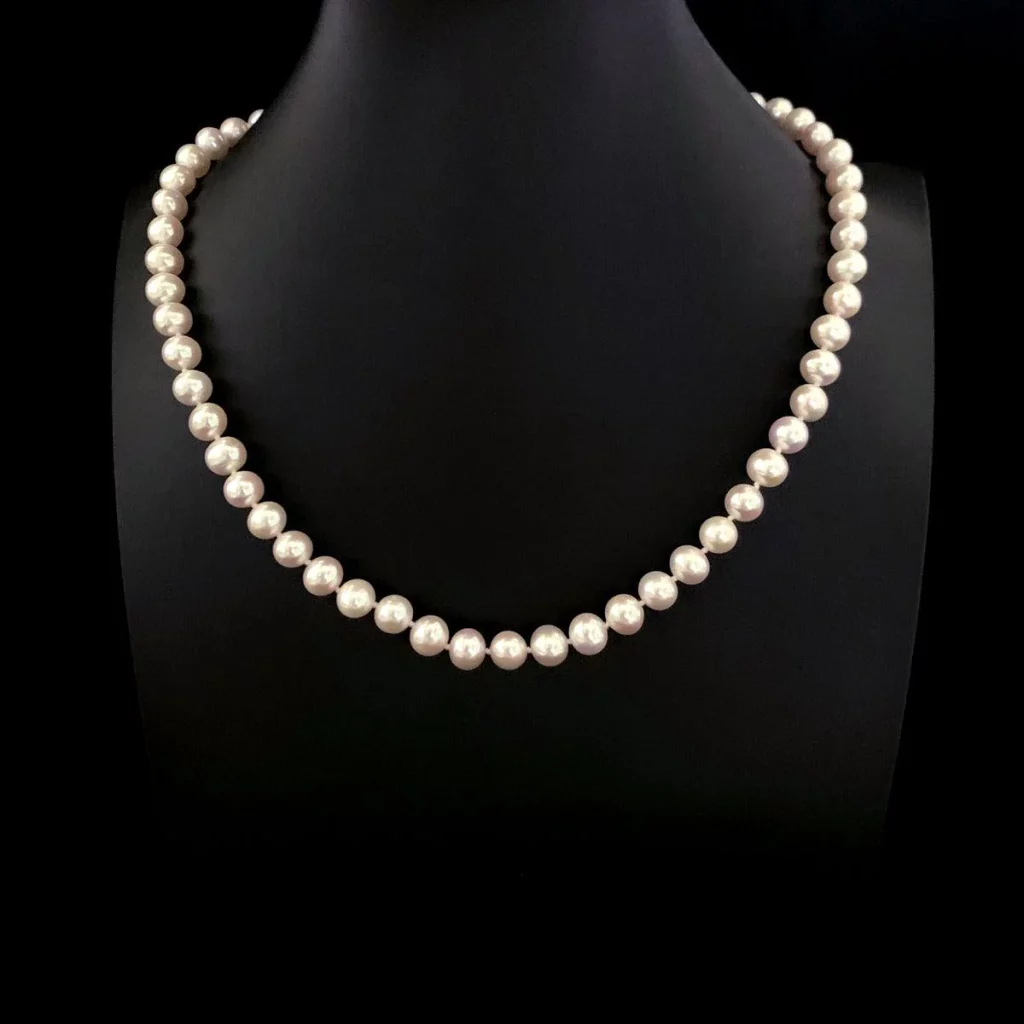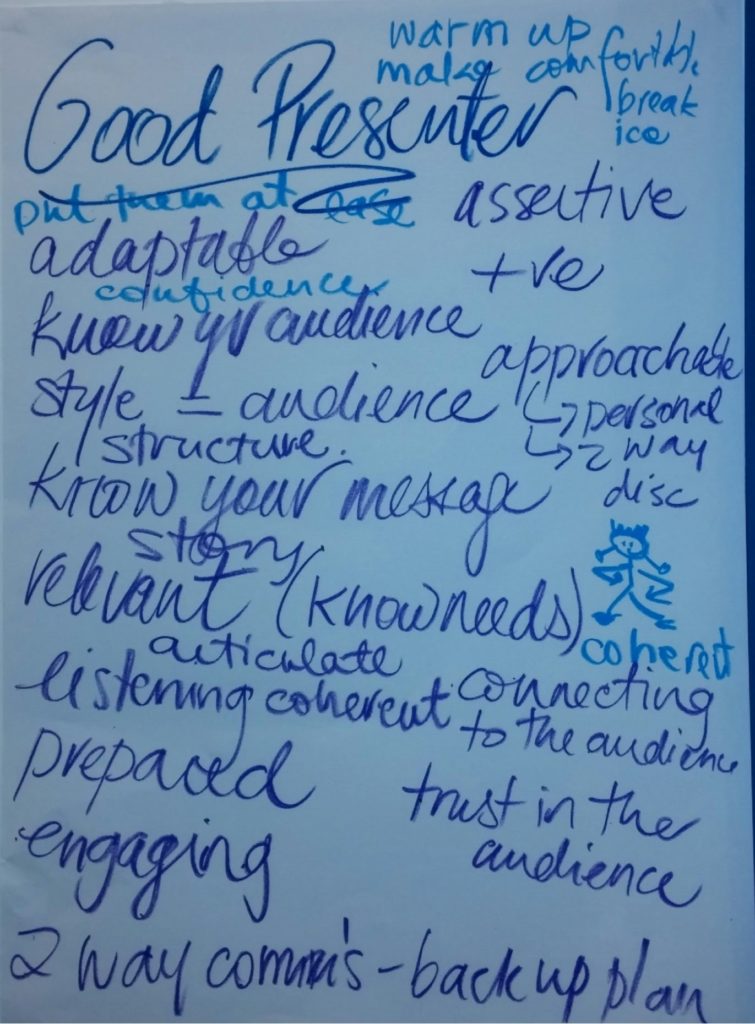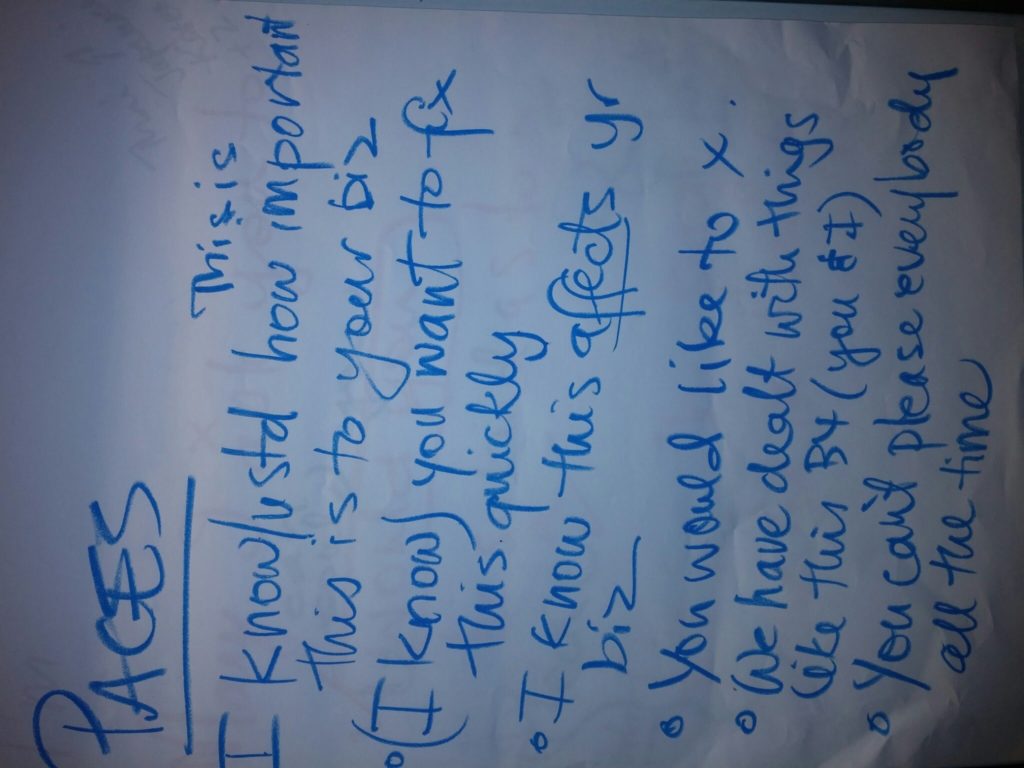When things go wrong were you unlucky? Or is there something you can learn? This podcast from a professional poker player (with a background in neurological research) points out that most people blame “luck” when they lose, and so never learn how to improve.
She talks about acquiring a mentor: She was telling him a “bad
If you really lost by bad luck then why are you telling me this story? You can’t learn from that…
I needed to go to [him] with questions [not stories about bad luck]
She suggests that you can set up a learning community: She suggests that you can set up a learning community:
ask people what if we get together and I’m gonna spot your bias and you’ll spot mine
If you set up the group properly then they are the reward. It fulfills our need to be part of a tribe
She talks about
the difference between confirmatory and exploratory style
Importance of pausing and reflecting on the learning… proximal to the learning environment
Using failures as part of our broader practice
Failure feels uncomfortable. We are in the habit of assigning blame rather than learning from it
The best improv moments are born out of what wasn’t supposed to happen
Lots of people … make mistakes and don’t learn from them
Your ability to have a mental game doesn’t just happen because you read it in a book or someone tells you. You need to practice
Many businesses school grads seem to lack the soft skills
Soft skills are hard to teach… become the bottleneck for people’s careers
Technical skills are getting updated quickly
No one ever closed a big deal by email
Intuition is the recognition of patterns
“Resulting” is judging by the results, which doesn’t allow people to make any bold moves, so if you do that with your team you’ll get no innovation… [just] lots of safe bets, tiny little increments, no big changes
When you make an innovative choice you’re expressing yourself to the resulters
In the long run, you’ll miss the paradigm shifts
We conflate confidence and certainty
Very much worth a listen, as are all of the podcasts in Shane Parrish’s Knowledge Project. ‘
Goes nicely with this McKinsey article about the importance of intentional learning.





